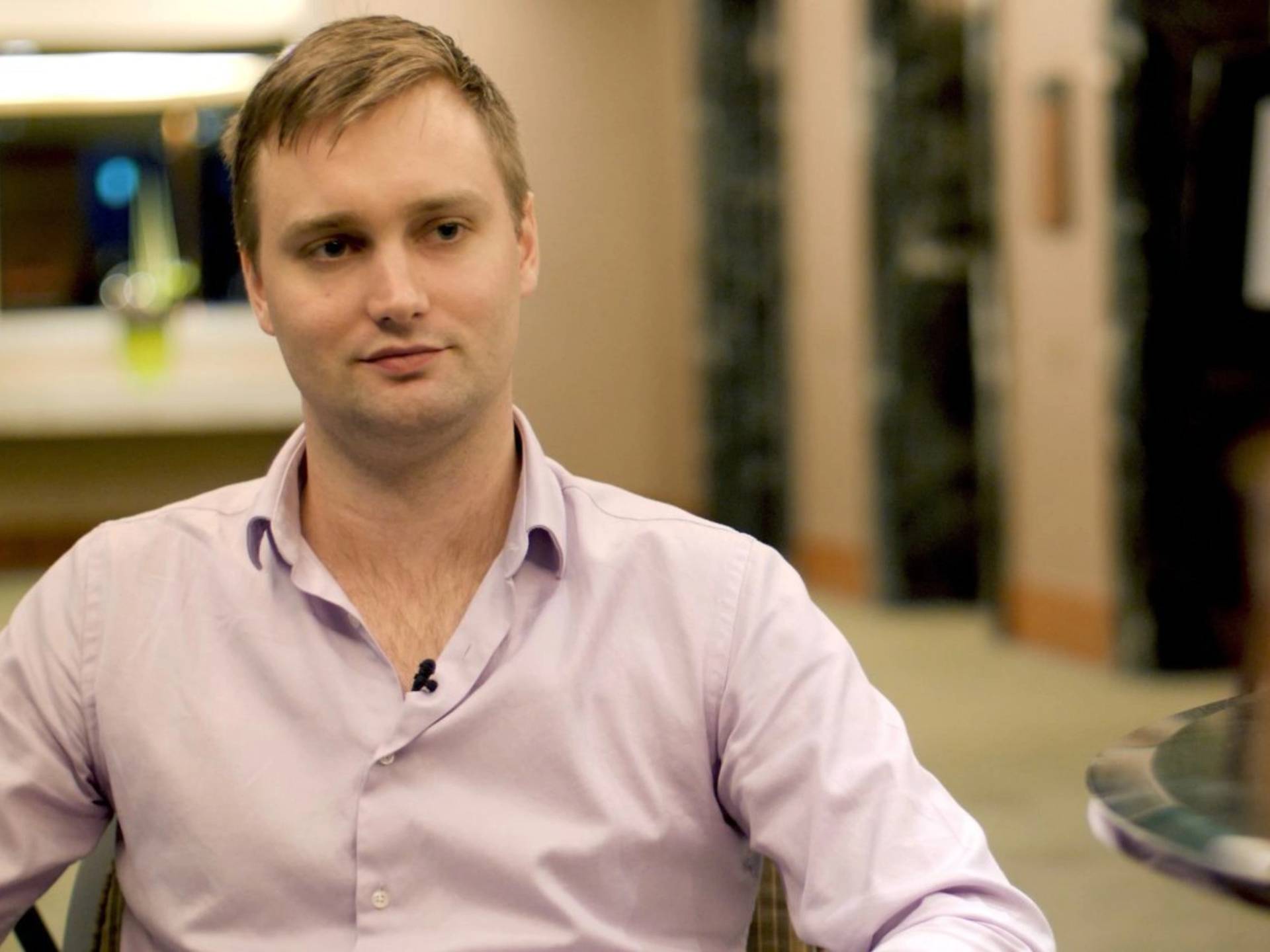위키 구독하기
Share wiki
Bookmark
Rune Christensen
0%
Rune Christensen
룬 크리스텐슨은 MakerDAO의 최고 경영자이자 공동 창립자입니다. MakerDAO는 시장 역학에 대응하도록 설계된 스마트 계약 시스템을 통해 변동성을 제거하는 이더리움 블록체인에서 세계 최초의 스테이블코인인 다이를 발행하는 것으로 알려져 있습니다. [1]
초기 생애 및 교육
크리스텐슨은 덴마크에서 태어났습니다. 그는 2011년에서 2013년 사이에 코펜하겐 비즈니스 스쿨에서 국제 비즈니스를 공부했습니다. 또한 2013년부터 2014년까지 코펜하겐 대학교에서 생화학을 공부했습니다. 한동안 중국에서 살면서 국제 채용 서비스를 제공하는 회사인 Try China를 공동 창립했습니다. [1]
경력
암호화폐 산업에 참여하기 전에 크리스텐슨은 2011년에서 2014년 사이에 서구 국가에서 온 영어 교사를 채용하여 중국에서 일하도록 하는 데 중점을 둔 사업을 했습니다. 2011년에 그는 비트코인을 알게 되었고 그 후 암호화폐에 투자하기 위해 기존 사업을 매각하기로 결정했습니다. 그러나 2014년 Mt.Gox의 불행한 해킹과 그에 따른 붕괴 이후 크리스텐슨은 스테이블코인 개념에 관심을 갖게 되었습니다. [2]
MakerDAO
2015년 크리스텐슨은 전 세계 개인에게 향상된 투명성과 포용성을 제공하는 금융 시스템을 만들겠다는 목표로 MakerDAO를 출시했습니다. [2][5]
저는 어렸을 때 많은 스타트업을 시도했고 아시아에서 많은 시간을 일했습니다. 그러다가 블록체인 기술을 발견하고 처음에는 비트코인에 관심을 갖게 되었지만 실제로 비트코인에 관심을 갖게 되었습니다. 아시다시피 2011/2012년에 실제 비트코인 유형이 되었지만 시간이 지남에 따라 비트코인의 변동성에 다소 환멸을 느꼈습니다. 그래서 사람들이 처음에 예측했던 주류 채택이 덜 보였다는 사실입니다. 그리고 저는 그것이 변동성 때문이라고 생각합니다. 왜냐하면 그것은 일반 통화라기보다는 쓸모없는 금에 가깝기 때문입니다. 그래서 저는 스테이블 코인에 관심을 갖게 되었고 최초의 분산형 스테이블 그랜트 프로젝트인 BitShares를 발견했습니다. [5]
BitShares 프로젝트의 활발한 커뮤니티 회원이었음에도 불구하고 크리스텐슨은 개발에 적극적으로 참여하지 않았습니다. 프로젝트 커뮤니티에서의 그의 활동은 MakerDAO 개발의 기초가 된 중요한 아이디어를 수집하는 데 도움이 되었습니다. [5]
저는 매우 활동적인 커뮤니티 회원이었고 Maker DAO에 대한 이러한 근본적인 아이디어는 모두 BitShares의 아이디어에서 직접 비롯되었습니다. 특히 일반 커뮤니티 회원은 프로젝트의 공식 개발자가 아님에도 불구하고 여전히 거버넌스의 핵심에 깊이 관여하고 있습니다. 이것이 바로 블록체인 기술과 엔티티에 대해 매우 강력한 점입니다. [5]
2019년 MakerDAO는 지식이 풍부하고 연결이 잘 된 파트너와의 파트너십을 통해 강력한 입지를 구축하는 데 중점을 두고 아시아 시장으로 확장할 계획을 발표했습니다. 크리스텐슨은 중국이 블록체인 산업의 핵심 플레이어이기 때문에 이것이 Maker 프로젝트에 중요한 단계라고 생각했습니다. [4]
"본질적으로 미국 외에 거래량과 같은 것과 관련하여 전체 암호화폐 공간을 운영하고 실제로 블록체인으로 가능한 새로운 기술을 실제로 채택하고 사용하는 국가입니다. 이것은 비트코인의 초기에도 알려졌으며, 중국에서 견인력을 얻기 시작한 후에야 정말로 커졌습니다. 그것은 매우 갑작스럽고 엄청난 관심의 고조였습니다. 그것이 일반적으로 서구에서 발생하는 보다 유기적인 성장과 비교하여 아시아에서 기술이 채택되는 방식입니다."
- 룬 크리스텐슨[3]
2022년 크리스텐슨은 자신의 역할에서 물러나 MakerDAO를 분산화로 전환하려는 시도를 했습니다. 그러나 이러한 움직임은 권력 공백을 만들고 커뮤니티 내에서 분열을 일으켰습니다. 그 후 크리스텐슨은 MakerDAO가 진정한 분산화를 달성하도록 안내하는 것을 목표로 하는 Endgame이라는 계획에 다시 참여했습니다. 이 계획에는 기존 부서를 재구성하고 MakerDAO 내에 미니 DAO를 도입하는 것이 포함되었습니다. 목표는 관료적 프로세스를 간소화하고 장기적으로 지속 가능한 성장을 촉진하는 것이었습니다. [3]
Solana 포크 제안
2023년 9월 1일, 룬 크리스텐슨은 Maker의 "Endgame" 전략의 마지막 단계에 Solana 코드베이스의 포크를 사용할 것을 제안했습니다. 코드명 NewChain인 이 단계는 전체 Maker 프로토콜을 독립형 블록체인에서 재구축하는 것을 목표로 합니다. [6]
트윗과 함께 제공된 블로그 게시물에서 크리스텐슨은 Solana의 코드베이스를 NewChain의 기반으로 고려해야 한다고 밝혔습니다. [7]
"Endgame의 마지막 단계는 코드명 NewChain으로 Maker의 기본 블록체인을 출시하는 것입니다. 이를 통해 생태계가 더욱 안전하고 효율적으로 운영될 것입니다. 몇 가지 연구 결과, Solana 코드베이스를 NewChain의 기반으로 고려해야 한다고 생각합니다." [7]
그는 이 선택에 대한 세 가지 주요 이유인 기술적 품질, 복원력 및 성공적인 포크를 강조했습니다. [6]
잘못된 내용이 있나요?
